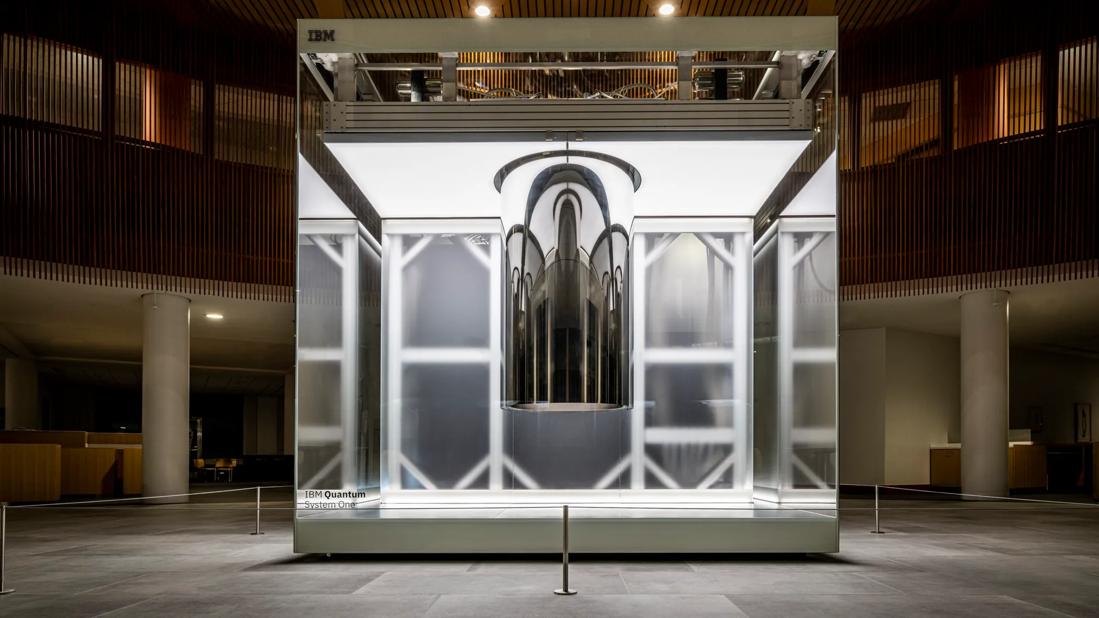Cleveland Clinic has launched a new round of the Cleveland Clinic Quantum Innovation Catalyzer Program, a competitive program for start-up companies to explore quantum computing applications in healthcare and life sciences.
The Cleveland Clinic Quantum Innovation Catalyzer Program, which began in 2023, provides an opportunity for early and venture-stage companies to explore quantum computing applications in biomedical research. The 12-month immersive experience includes dedicated access to IBM’s Quantum System One at Cleveland Clinic’s main campus, the first quantum computer dedicated to healthcare and life sciences research.
Up to four companies will be selected through a competitive application process. The winning companies will have an opportunity to receive an investment of up to $250,000 from K5 Tokyo Black Fund with an in-kind match from Cleveland Clinic. The program also includes:
Access to IBM Quantum System to support their researchOperating space on Cleveland Clinic’s main campusOpportunities to explore research ideas and projectsEducational offeringsAdvanced business networking
In addition, the companies will have the ability to collaborate and consult with researchers from the Cleveland Clinic-IBM Discovery Accelerator team as part of Cleveland Clinic’s and IBM’s 10-year partnership aimed at advancing biomedical research through pioneering applications of quantum and advanced computing.
The inaugural class of Cleveland Clinic’s Quantum Innovation Catalyzer Program included Ohio-based Qradle and Finland-based Algorithmiq.
Algorithmiq led a project in collaboration with Cleveland Clinic and IBM Quantum to create a set of computational tools that aim to explore how quantum computing could assist in the development of photon-activated drugs for cancer. The project is now one of six finalists remaining in the third and last phase of Wellcome Leap’s Quantum for Bio Challenge, a global challenge where hundreds of applications competed to accelerate the development of quantum computing applications for healthcare.
Researchers from Qradle Inc., collaborated with Cleveland Clinic on work using a quantum computer to predict protein folding structures. Their work demonstrated, for the first time, a complete end-to-end pipeline for biologically relevant structure prediction on real quantum hardware, highlighting its engineering feasibility and practical advantage over existing classical and deep learning approaches. The results have outperformed the accuracy of AlphaFold 3.
“We are proud of the achievements of our first class of start-ups in the Cleveland Clinic Quantum Innovation Catalyzer Program,” said Lara Jehi, M.D., Cleveland Clinic Chief Research Information Officer. “We look forward to welcoming the second class and helping them to leverage quantum to make breakthroughs in healthcare as we grow an ecosystem of advanced computation for healthcare and life sciences.”
Applications are open through October 31. Teams will be selected in December 2025. The program will begin in March 2026. Learn more and apply at https://my.clevelandclinic.org/innovations/quantum-innovation-catalyzer-program

